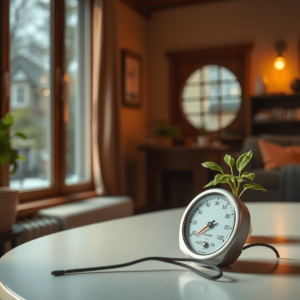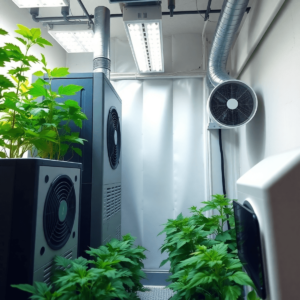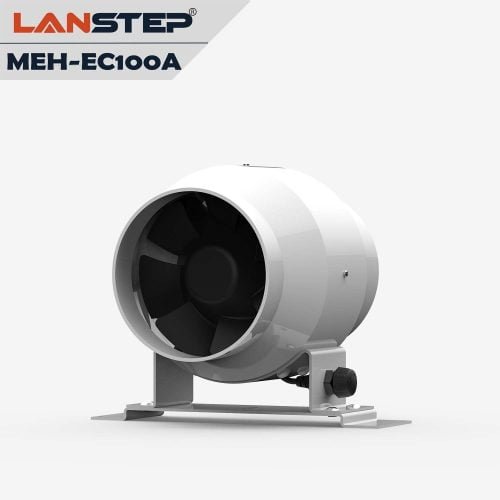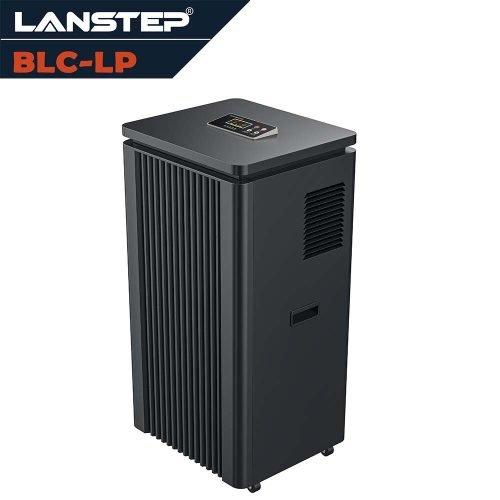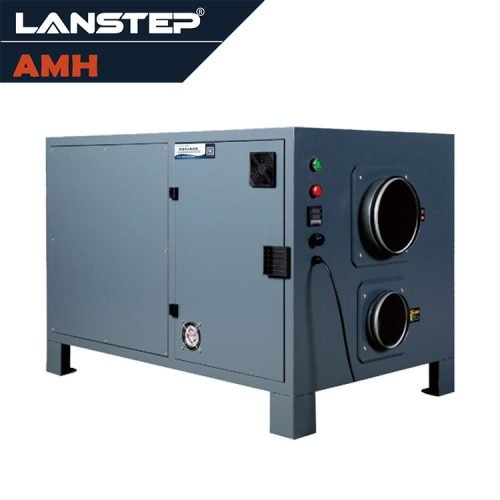1. Introduction
1.1 Environmental Requirements for Pharmaceutical Production
Pharmaceutical production demands extremely stringent environmental conditions. According to the International Good Manufacturing Practice (GMP) standards, temperature and humidity in the production environment must be strictly controlled. The World Health Organization states that the ideal relative humidity (RH) for pharmaceutical production environments should be maintained between 50% and 60%, with temperature control between 15°C and 25°C.
1.2 The Role and Importance of Industrial Dehumidifiers
Industrial dehumidifiers play a crucial role in this process. As reported by the “Pharmaceutical Industry” journal, using dehumidifiers can effectively reduce environmental humidity, thus minimizing quality issues in drug production due to inappropriate humidity levels. For instance, a survey of 50 pharmaceutical manufacturing enterprises showed that the use of efficient dehumidifiers reduced the product nonconformity rate from 4.5% to 1.2%.
2. The Impact of Humidity on Pharmaceutical Production
2.1 The Influence of Humidity on the Manufacturing Process
Humidity significantly impacts every stage of pharmaceutical production. For example, during the R&D phase, inappropriate humidity levels can affect the chemical stability of drugs. A paper published in the “Pharmacy Research” journal pointed out that relative humidity levels over 60% significantly increase the risk of drug decomposition.
2.2 Problems in High Humidity Environments
- Reduced Efficacy and Safety Risks: Excessive humidity can cause drugs to absorb moisture from the air, potentially reducing their efficacy and, in some cases, creating dangers. A study in the “Drug Safety” journal revealed that the stability of certain antibiotics’ active ingredients decreased by 20% when stored in high humidity conditions.
3. Recommendations of the World Health Organization (WHO)
3.1 The Importance of Maintaining RH at 50%
The World Health Organization emphasizes that maintaining an RH of 50% in the production environment is crucial. According to a WHO report, maintaining this humidity level can significantly enhance the stability and quality of pharmaceuticals. For instance, a study on antibiotic production found that maintaining an RH of 50% could extend the drug’s shelf life by more than 15%.
3.2 The Role of Humidity Control in Optimizing Drug Quality, Production, and Shelf Life
Humidity control not only affects the quality of drugs but also directly relates to production and shelf life. An article in “Pharmaceutical Engineering” magazine indicated that precise humidity control can reduce the rate of waste in the production process and increase overall output. Similarly, appropriate humidity conditions also help extend the shelf life of drugs, thus reducing losses due to expiration.

4. Consequences of Environmental Control Errors
4.1 Product Qualification Rate and Market Impact
Environmental control errors are one of the main reasons for drug nonconformity. An analysis in the “International Drug Regulation” journal showed that incidents of drug recalls due to improper environmental control increased by 30% in the past five years. This not only affects the market supply of drugs but also damages the reputation of pharmaceutical companies.
4.2 Financial Costs and Market Competition Impact
Errors in the environmental conditions during drug production can lead to significant financial costs. According to “The Economist,” a major drug recall event can cause direct losses of over 10 million USD. Additionally, such events can set a company back weeks or even months in the development and launch of new products compared to competitors.
5. Optimization of Storage Environment
5.1 Ideal Temperature and Humidity Conditions for Drug Storage
The storage conditions of drugs are crucial for their stability and efficacy. A study in the “Drug Storage and Management” journal suggests that the best storage conditions for most drugs kept at room temperature are 50% RH and between 15°C and 25°C. These conditions help maintain the chemical and physical stability of drugs, preventing ingredient changes due to temperature and humidity fluctuations.
5.2 Storage Requirements for Different Drugs
Different types of drugs have varying storage needs. For example, a study in the “Pharmacology Reports” journal indicated that certain protein-based drugs need to be stored at conditions below 30% RH to prevent the degradation of active ingredients. Therefore, developing personalized storage strategies for different drugs is key to ensuring their potency and safety.

6. Dehumidification Solutions
6.1 The Application of Condensing Dehumidifiers in Pharmaceutical Production
Condensing dehumidifiers, known for their efficiency and reliability, have become an important solution for controlling humidity in pharmaceutical processes. “Industrial Environmental Control” magazine reports that condensing dehumidifiers can precisely control environmental humidity, especially in production stages requiring low humidity, such as the compression process of powder drugs.
6.2 The Critical Importance of Accurate Climate Control for Public Safety
Accurate climate control is not only about the quality of drugs but also directly impacts public safety. As described in the “Public Health Management” journal, inappropriate storage conditions can lead to reduced drug efficacy or spoilage, which can have serious consequences in emergency or long-term treatments. Therefore, ensuring suitable humidity conditions in drug production and storage is key to protecting public health.
Conclusion
The importance of humidity control in pharmaceutical production cannot be overlooked. It not only affects the quality and safety of drugs but is also closely related to production efficiency and economic costs. As pharmaceutical technology advances and market competition intensifies, pharmaceutical companies need to pay more attention to environmental control technology to ensure efficient and high-quality production of products while safeguarding public safety.
To learn more about our specialized series of dehumidifiers for the pharmaceutical field, and how they can help you effectively maintain the humidity conditions in the pharmaceutical process, please contact our team immediately.

